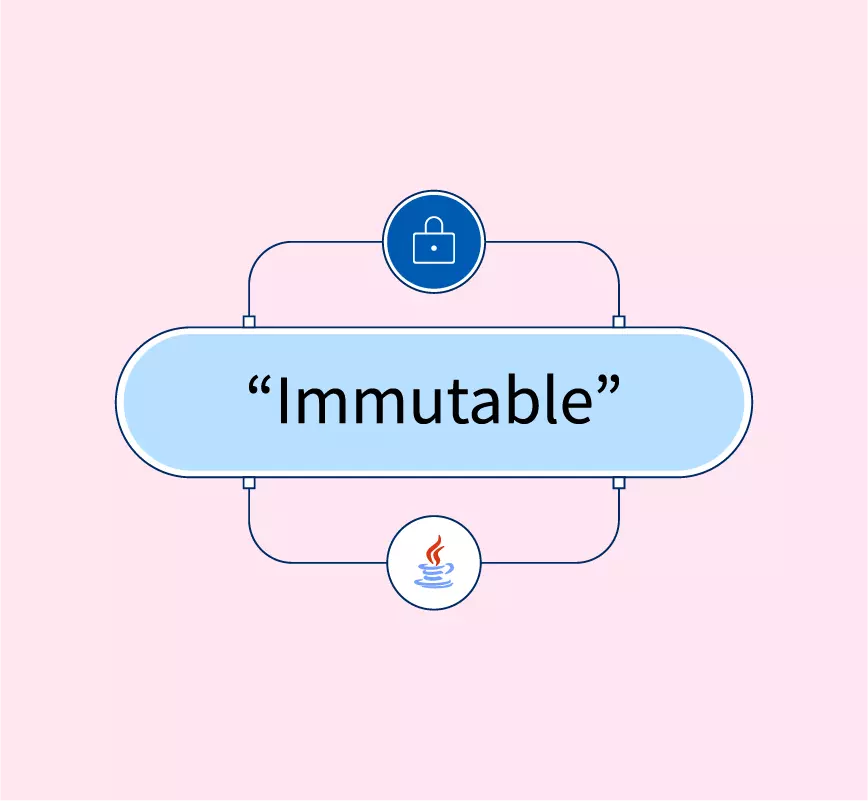Why Are Strings Immutable in Java? Comprehensive Overview for Beginners
Why Are Strings Immutable in Java? Comprehensive Overview for Beginners
Blog Article
Immutable Strings: A Trick Element in Ensuring Data Uniformity and Reliability
In the realm of data administration, the importance of unalterable strings can not be overemphasized. These imperishable series of personalities play an essential duty in supporting the integrity and precision of information within systems. By maintaining a state of immutability, information consistency is guaranteed, cultivating a foundation of reliability upon which important processes depend. The concept of unalterable strings goes beyond plain technicality; it is a cornerstone in the complicated internet of data governance. As we discover the advantages, execution approaches, and practical applications of unalterable strings, a more clear picture arises of their crucial nature in securing the digital landscape.
The Idea of Unalterable Strings
Unalterable strings, a basic concept in programming, refer to strings that can not be modified when they are developed. Fundamentally, as soon as a string worth is assigned, any operation that appears to customize the string really produces a new string. This immutability makes sure data uniformity and integrity in applications, as it protects against unanticipated adjustments to the original data.
Advantages in Data Consistency

Data uniformity is crucial in different elements of software growth, consisting of database management, multi-threaded environments, and distributed systems (Why are strings immutable in Java?). Immutable strings add dramatically to achieving this uniformity by stopping information corruption due to concurrent gain access to. In situations where numerous processes or strings interact with the same data concurrently, immutable strings function as a guard against race problems and synchronization concerns
Additionally, the immutability of strings simplifies debugging and screening processes. With immutable strings, developers can rely on that once a string is established, it will certainly stay unmodified, making it easier to trace the source of errors and guaranteeing that test cases generate constant outcomes. This reliability in information dealing with inevitably causes a lot more stable and robust applications.

Carrying Out Unalterable Strings
Making certain the immutability of strings needs a thoughtful strategy to their application in software program advancement. One vital strategy is to make string courses in such a way that avoids modifications as soon as a string things is developed. By making strings immutable, designers can boost information consistency and integrity in their applications.
To execute immutable strings successfully, developers must favor producing brand-new string things instead of changing existing ones. This method ensures that once a string is appointed a value, it can not be changed. In addition, any procedure that appears to customize the string needs to produce a brand-new string with the preferred modifications rather of altering the original.
In addition, making use of immutable strings can streamline concurrency visit administration in multi-threaded atmospheres. Because immutable strings can not be altered after creation, they can be safely shared amongst multiple strings without the danger of information corruption.
Role in Integrity Guarantee
In software program advancement, the use of immutable strings plays an essential duty in making certain the reliability of information operations. Immutable strings, once created, can not be changed, making certain that the data they represent continues to be consistent throughout the application's execution. This immutability property offers a degree of guarantee that the data being processed will not be unintentionally altered, bring about unexpected results or errors in the system.
By including immutable strings right into software design, designers can enhance the reliability of their applications by reducing the threats related to mutable data - Why are strings immutable in Java?. Immutable strings help in avoiding information corruption or unexpected adjustments, which can be especially vital when managing sensitive info or when data integrity is vital
Moreover, using immutable strings simplifies simultaneous handling, as several strings can securely gain access to and share string data without the threat of one thread altering the material while another reads it. This facet contributes considerably to the total dependability of the software system, making sure constant and foreseeable actions in data handling procedures.
Applications and System Assimilation
The smooth combination of unalterable strings into various applications and systems is essential for ensuring durable information uniformity and integrity throughout varied technological atmospheres - Why are strings immutable in Java?. Immutable strings play a critical duty in enhancing the honesty of data exchanges and interactions within complex software application environments. By including unalterable strings right into applications, programmers can mitigate the threats connected with data meddling, unapproved adjustments, and unintentional modifications, consequently strengthening the overall safety and security position of the system
In the context of system assimilation, immutable strings function as a fundamental element for establishing safe and secure interaction networks and helping with seamless information transfers in visit this page between various components. Their unalterable nature makes certain that data transferred in between systems stays verifiable and unchanged, lowering the likelihood of disparities or errors that could endanger the stability of the whole system. Furthermore, unalterable strings can improve interoperability between disparate systems additional reading by offering a standardized layout for information representation, allowing more effective data handling and exchange methods across interconnected systems. By embracing unalterable strings in applications and system integration procedures, companies can strengthen their information framework and promote the dependability and uniformity of their details properties.
Verdict
Finally, unalterable strings play a critical duty in keeping data uniformity and reliability in different applications and system assimilations. By ensuring that strings can not be altered as soon as developed, the honesty of data is protected, minimizing the threat of mistakes and variances. Executing immutable strings can significantly improve the reliability of systems, inevitably resulting in even more exact and trustworthy data processing.

Report this page